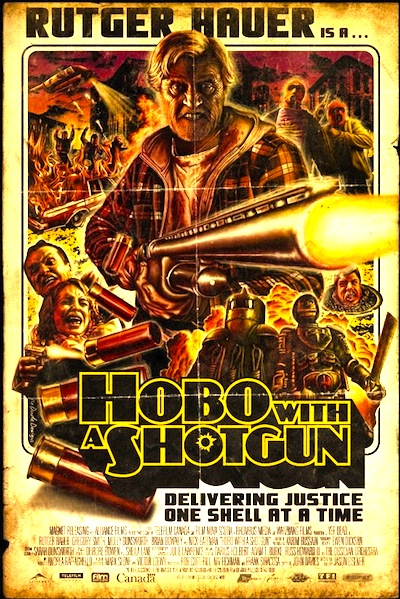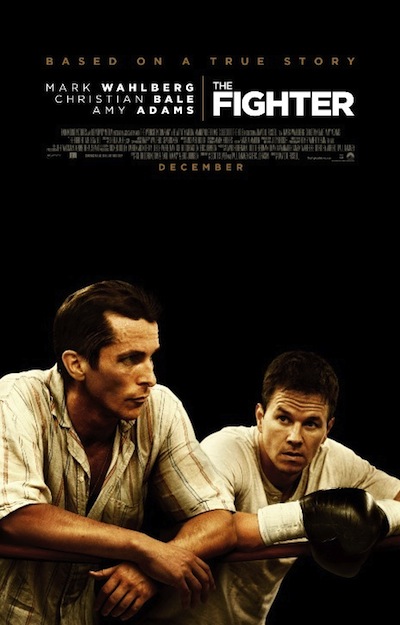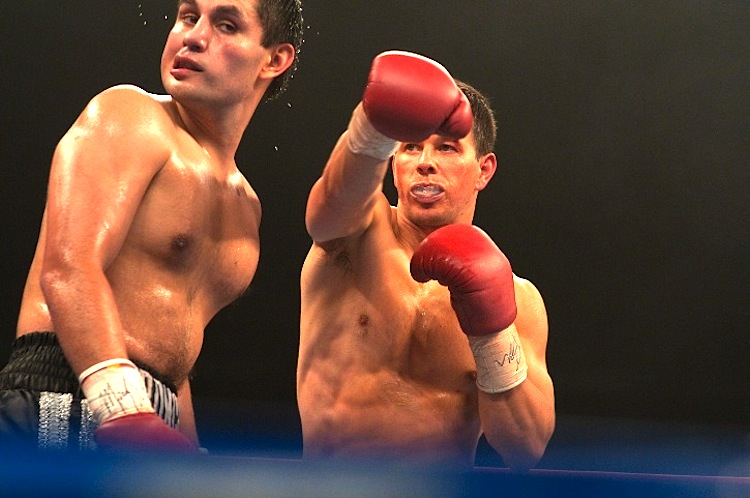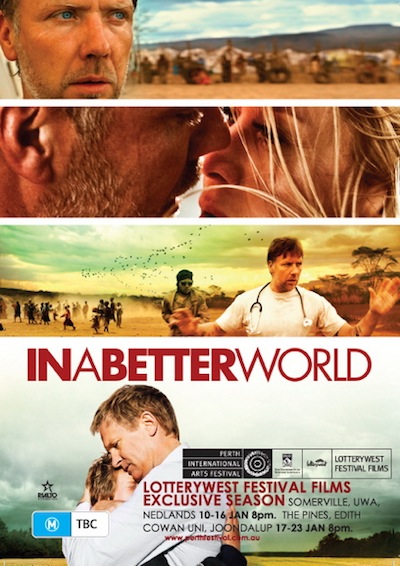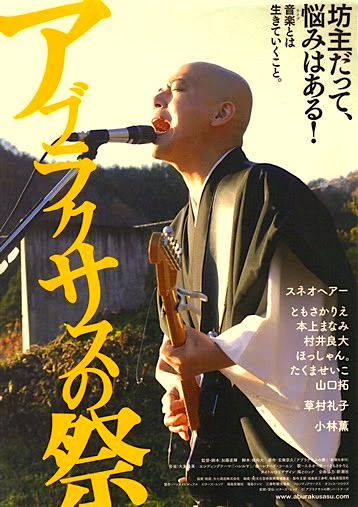By Joe Bendel. What if Star Trek got it wrong? Suppose there really is an alternate Earth, but instead of a world full of evil Kirks and Spocks, it is pretty much like our own. It’s hard to say for sure, but this seems to be the case in writer-director-editor-cinematographer Mike Cahill’s Another Earth, a quiet character drama subtly built around a durable sci-fi device that screens during the 2011 Sundance Film Festival.
The astrophysics are a bit sketchy, but it seems an identical Earth has always existed, hidden from view by our mutual sun. One fateful night, our orbits shifted and Earth 2 suddenly appeared in the sky. It is exactly the sort of phenomenon Rhoda Williams looks forward to studying at MIT. Tragically, however, it is not to be. Craning to get a glimpse of the new Earth, the drunk-driving Williams slams into another car, killing composer John Burroughs’ pregnant wife and their young son. She spends the next four years in a juvenile prison, while he descends into an alcohol-fueled depression.

Though eventually released, Williams remains a captive of her own guilt. She even approaches Burroughs to apologize, but the words will not come. Instead, she pretends to be from a cold-calling maid service. Much to her surprise, Burroughs (unaware of her identity due to their local juvie offender laws) hires Williams for a much needed weekly house cleaning. Slowly, a relationship develops between the two, but their fates still seem to be intertwined with Earth 2.
At this risk of sounding nauseatingly condescending, Another Earth is a film that shows tremendous promise. Cahill’s use of sf elements to tell a fundamentally human story is smart and ambitious. Particularly intriguing is the premise that the moment of awareness led to a break in the two Earths’ synchronization. Like the best of old-fashioned speculative fiction, this opens up the door for redemptive possibilities. However, AE is stylistically over-baked, indulging distractingly odd camera angles and visual tableaux more appropriate to Deep Thoughts with Jack Handy. Oddly though, though, the periodic portentous narration from Dr. Richard Berendzen (director of NASA’s Space Grant Consortium) fits into the flow better than one might expect.
Despite a reasonably large cast, AE is essentially a two-hander, with co-writer-co-producer Brit Marling and William Mapother impressively carrying the load as Williams and Burroughs, respectively. They consistently feel like real people struggling with real pain. While their budding romance is a tough sell given the context, they pull it off quite credibly.
A filmmaker with a background in documentaries, Cahill does a lot right in AE, but also a fair amount wrong. The net effect is a surprisingly memorable film, marking him as a filmmaker worth tracking. A selection that really fits the Sundance mission, AE screens again during the festival today (1/29).
[EDITOR’S NOTE: According to Deadline, the budget of Another Earth was apparently only around $150,000 – and the film was just acquired by Fox Searchlight for around $3 million. Not bad!]
Posted on January 29th, 2011 at 10:13am.

